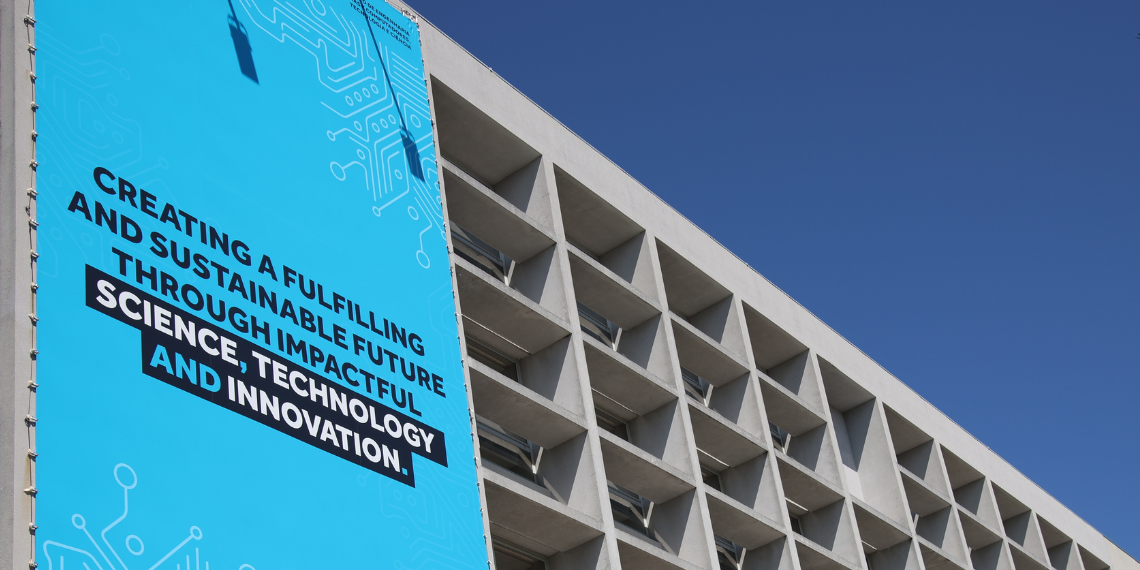There are 12 INESC TEC researchers among the 2% most cited scientists worldwide, according to the latest data published by Elsevier. The study, first carried out in 2019 by a team of researchers from Stanford University, Elsevier, and SciTech Strategies – updated annually since then -, shows a significant presence of INESC TEC in the fields of Power & Energy, Photonics, and AI.
In terms of career-long citations, there are 10 INESC TEC researchers in the list (in alphabetical order): Jaime Cardoso, João Cardoso, João Gama, João Peças Lopes, Manuel Matos, Mohammad Javadi, Orlando Frazão, Pedro Jorge, Ricardo Bessa, and Vladimiro Miranda. Concerning citations in 2023, there are also 10 researchers mentioned – some of whom are part of the previous list: Fernando Almeida, Jaime Cardoso, João Gama, João Peças Lopes, Luís Coelho, Manuel Matos, Mohammad Javadi, Orlando Frazão, Ricardo Bessa and Vladimiro Miranda.
The selection of researchers is based on the c-score indicator, i.e., composite indicator that prioritises citation dimensions, co-authorship, and author position on the list, rather than the number of publications; said indicator is calculated through Elsevier’s Scopus database. The authors are classified into 22 scientific domains and 174 subdomains, according to the Science-Metrix classification, currently part of Elsevier. The latest data from the study is available on the Elsevier Data Repository.
Recognising the value of information conveyed by research metrics, INESC TEC – as a signatory of the Agreement on Reforming Research Assessment and a member of the Coalition for Advancing Research Assessment (COARA), is committed to a primarily qualitative research evaluation, focused on peer review, and supported by the responsible and appropriate use of quantitative indicators. The authors of the study recommend consulting the crucial Leiden Manifesto.
The researchers mentioned in this news piece are associated with INESC TEC, UP-FEUP, UP-FEP and UP-FCUP.


 News, current topics, curiosities and so much more about INESC TEC and its community!
News, current topics, curiosities and so much more about INESC TEC and its community!